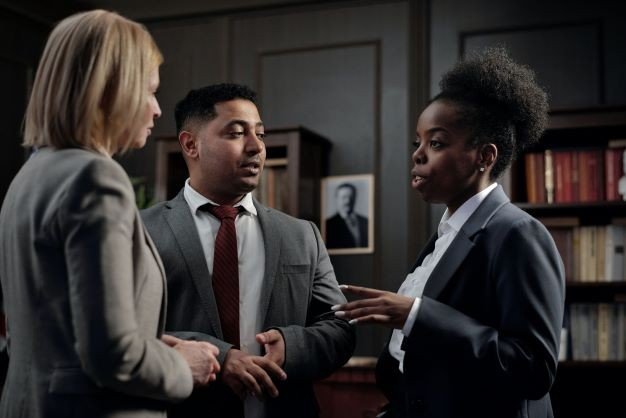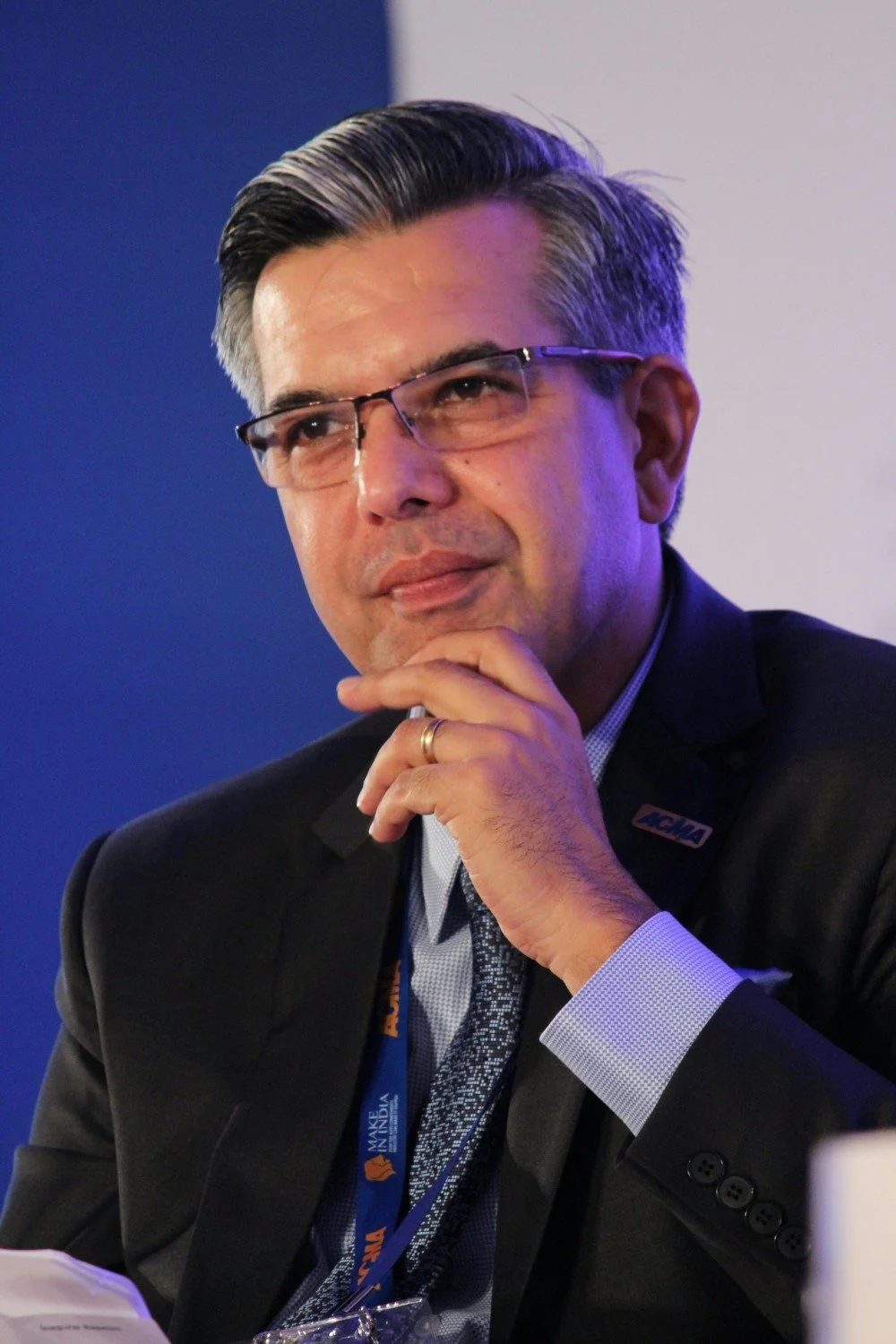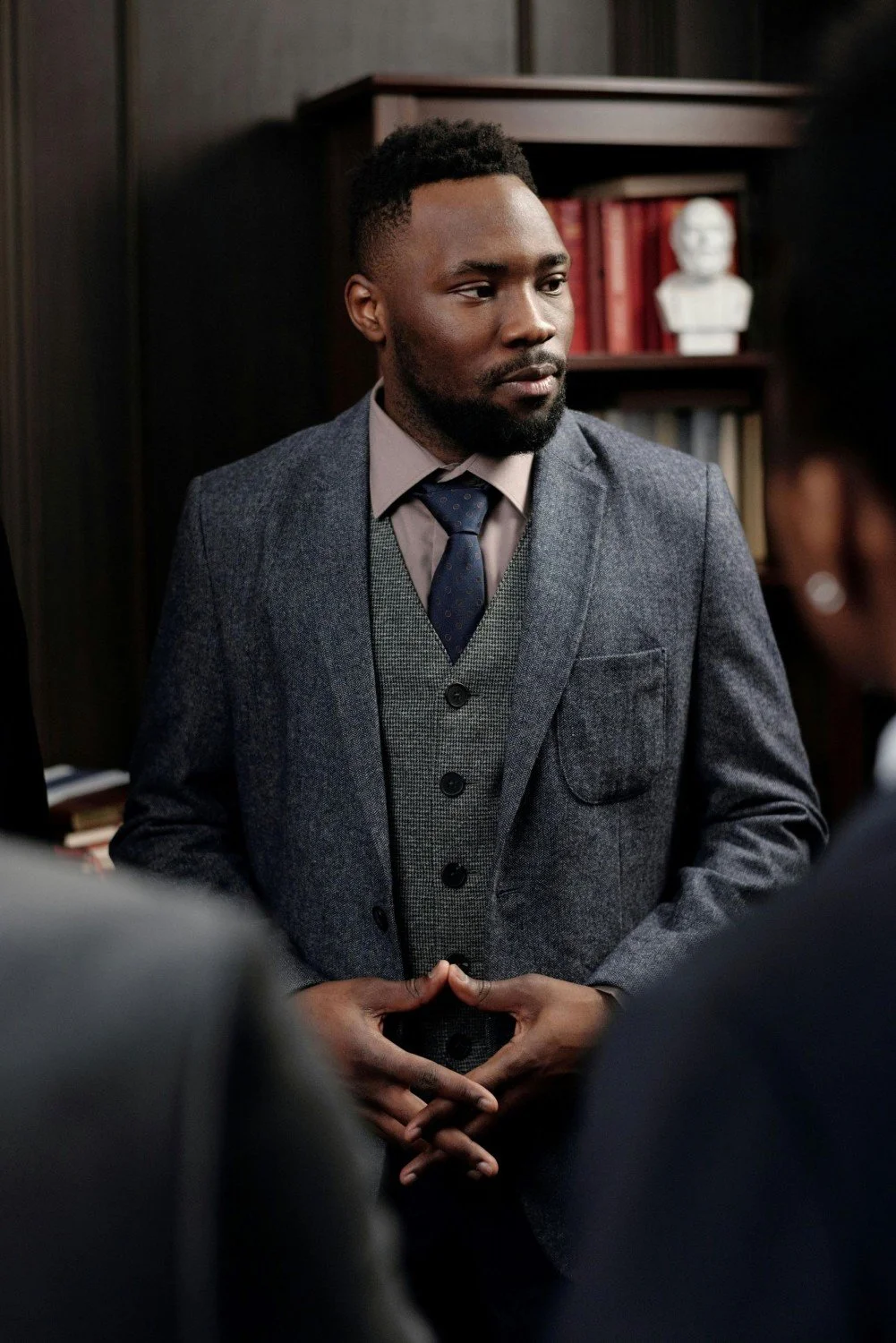Building Bridges: Effective Communication Skills for Lawyers
“Being listened to and heard is one of the greatest desires of the human heart. And those who learn to listen are the most loved and respected.”
-Richard Carlson
Have you ever had a conversation with another lawyer, and as soon as you open your mouth, he interrupts you and starts telling you why you were wrong?
Have you had an occasion in your office where you started to share a concern and were immediately interrupted and disagreed with?
Have you ever struggled to communicate your thoughts clearly to other lawyers or clients?
Do you ever feel you are not adequately heard, listened to, and understood?
Have you ever wanted to share something important with someone, and you knew they were not listening?
Or did they interrupt you to tell you what they wanted to say? And didn’t that make you feel disrespected and disconnected from that person?
Although we are trained to be communication experts, sometimes, as lawyers, our effective communication could be much better. And hardly any single trait is more important to our legal success than effective communication.
Effective communication is the lifeblood of the legal profession, serving as the foundation for successful interactions with clients, colleagues, and the court. Mastering this essential skill is not just about conveying information but building trust, fostering relationships, and achieving favorable client outcomes. This blog will delve into the art and science of effective communication for lawyers. We will explore practical strategies and actionable tips to help you enhance your communication skills and excel in your legal practice.
What are the most critical obstacles to effective communication?
We have all experienced a lawyer who constantly interrupts, only wants to spout off his views and not listen, and raises his voice more than he should. Good communication is based on effective listening, but it takes work. These are some common barriers to effective listening:
Control of the agenda. We want to speak first and focus on our agenda. We all want to create a favorable image, don’t we? Sometimes, we think sharing what we know will make a positive impression. The problem is that we are not listening to the other person when thinking about what we want to say. It is impossible to listen carefully and focus on how we want to respond or what we want to say.
Assumptions and Stereotypes: Preconceived notions about clients, colleagues, or legal issues can hinder open and effective communication. We have negative opinions of the other person or the topic. When we do not particularly like the other party to the conversation or what they are discussing, our ability to listen is drastically limited. Rather than judging the other person or what they are saying, we should listen, hear what they might say, and see if we are missing something. Our biases against the other party in the conversation will prevent us from listening to them.
Ego Interference. Sometimes, we think we know more than the other party. We have all the answers. We may believe we are intellectually superior or more familiar with the topic. Why should we listen to the other person if that's the case?
Time Constraints: Lawyers often face time pressures, leading to rushed communication that may lack clarity or thoroughness. We may be multitasking or short of time. We pretended to be listening but were thinking about something else, trying to get something else done. With multiple things happening simultaneously, our brain cannot process everything we hear. We cannot focus on listening because we are doing something else simultaneously.
Prejudgment. We know we disagree with someone and want to avoid hearing what they say. When we disagree with the other party, we immediately focus on the disagreement rather than whatever truth they share. We shut the other person off because we believe we already know what the other person will say.
Impatience. We interrupt the other person to fill in the blanks in their conversation. The other party is trying to share something, and we think we know what they want to say, so we complete the thoughts for them. Frequently, what we thought they would say was incorrect, and we prevented their opportunity to share their truth with us. Or, our brain thinks so much faster than the other person speaks. As a result, our minds can wander, or we will want to complete their thoughts for them before they have expressed them.
Emotional Barriers: Legal matters can be emotionally charged, leading to misunderstandings or resistance to communication. There is so much emotion in our cases that we do not listen or communicate clearly.
Overcoming these obstacles requires lawyers to be aware of them and actively work to improve their communication skills, such as using plain language, practicing active listening, and being mindful of their emotions and prejudices.
What problems does being a poor listener cause?
We all have experienced those obstacles and communication with others and felt when they were not listening to us. What problems does that cause?
Misunderstandings. Poor listening leads to incorrect assumptions. We never really understand what the other person is trying to say. We assume they meant one thing when they may have meant something else. This creates misunderstandings, which can cause further conflict.
Hurt feelings. When people want to be heard and know they are not, they are justifiably offended. They feel rejected.
Distrust. Poor listening creates distrust. The other party will stop trusting us to be open or share the truth because we did not listen when they tried communicating.
Less communication. Poor listening hampers further communication. The other party will not want to share with us further when they try to communicate once and are not heard.
Lack of information. The better we listen, the more we learn. Every time the other party shares something with us, we gain information. We understand their arguments when the opposing attorney shares his view of liability in a case. When the lawyer tells us his client’s needs, we know what it may take to settle the case.
How does being a better communicator help a lawyer?
Effective communication is crucial for lawyers for several reasons:
Client Relationships: Clear communication builds trust and confidence with clients, leading to stronger relationships and better outcomes for cases. Don’t your clients appreciate you more when they clearly understand your advice and the reasons for it, and they know their needs and concerns have been hurt and appreciated?
Courtroom Success: In legal proceedings, lawyers must effectively present arguments, cross-examine witnesses, and communicate with judges and juries to persuade and win cases. I have been a trial lawyer for 45 years. I have learned that being successful in court requires being an excellent communicator to both the court and the jury.
Negotiation Skills: Lawyers negotiate settlements, contracts, and agreements on behalf of clients, requiring clear and persuasive communication to achieve favorable outcomes. The better I understand the opposing attorney and his arguments and his client’s goals and needs, the better I am at fashioning a successful resolution for my client.
Building Trust: Clear and concise communication helps lawyers build trust with clients, colleagues, and stakeholders, leading to stronger relationships and better outcomes.
Persuasion: Effective communication skills enable lawyers to articulate arguments persuasively, whether in negotiations, courtrooms, or written documents, increasing the likelihood of success.
Conflict Resolution: Lawyers use communication skills to resolve disputes, negotiate settlements, and find mutually acceptable solutions for their clients.
Building Reputation: Effective communication enhances a lawyer's professional reputation, leading to referrals, repeat business, and a positive image in the legal community.
Effective communication is a cornerstone of successful legal practice. It enables lawyers to advocate for their clients, collaborate with colleagues, and build a more successful practice.
What are the critical elements of effective communication for lawyers?
The most essential elements of good legal communication are:
Clarity: Lawyers should communicate clearly and concisely, avoiding jargon and complex language to ensure all parties easily understand their message.
Active Listening: Effective communication involves speaking and listening attentively to others, understanding their perspectives, and responding appropriately.
Empathy: Lawyers should demonstrate empathy and understanding towards their clients, colleagues, and others involved in the legal process, showing that they value their concerns and emotions.
Professionalism: Maintaining a professional demeanor and tone in communication is crucial to upholding the integrity of the legal profession, whether speaking with clients, colleagues, or opposing counsel.
Transparency: Being transparent and honest in communication builds trust and credibility, which are essential in legal practice.
Confidence: Communicating with confidence helps lawyers convey authority and credibility, which can be particularly important in courtroom settings or negotiations.
Timeliness: Communicating promptly is crucial in legal practice, whether responding to client inquiries, filing court documents, or communicating with other parties involved.
Accuracy: Ensuring that all written or oral communication is accurate and error-free is essential to avoid misunderstandings and potential legal issues.
This is not always a manageable list, but these traits are essential to effective communication.
What are the steps to becoming a better communicator as a lawyer?
Effective communication is not easy, but it is so important. These are essential steps to follow in building your skills as a communicator:
Be aware. Be mindful of your mindset. Be aware of obstacles to your listening. Ensure you have freed yourself from any judgment or ego and are genuinely focused on listening.
Have an open mind. Eliminate the desire to respond or correct. Be open to whatever that person has to say without judgment. Do not jump to conclusions.
Practice Active Listening: Focus on understanding the speaker's message before responding. Listen carefully. Do not interrupt, offer solutions, or comment. Just listen carefully and absorb what the other person is saying. This helps build rapport and ensures you address the actual issues at hand.
Use Clear and Concise Language: Avoid legal jargon and use language easily understood by all parties involved. This will help prevent misunderstandings and ensure your message is clear.
Be Empathetic: Try to understand the perspective of the person you are communicating with. Showing empathy can help build trust and improve the quality of your communication.
Ask for Feedback: Solicit feedback from colleagues, clients, and others on your communication skills. You can use this feedback to identify areas for improvement and make necessary adjustments.
Develop Non-Verbal Communication Skills: Pay attention to your body language, facial expressions, and tone of voice. Non-verbal cues can significantly impact how your message is received.
Be Prepared: Before any communication, whether it's a meeting, presentation, or negotiation, ensure you are well-prepared. This includes knowing your audience, understanding the purpose of the communication, and anticipating potential questions or objections.
Practice Empathetic Communication: Understand the emotions behind the message and respond appropriately. This can help build stronger relationships and resolve conflicts more effectively.
Be Mindful of Cultural Differences: In a diverse society, it's crucial to be aware of cultural nuances in communication. Respect and adapt to cultural differences to ensure effective communication among all parties.
If you focus on following these steps, you can become a more professional and effective communicator.
Conclusion
As a lawyer, I often encountered conflicts with other attorneys. We both had things we needed to express and wanted to be heard. When communication was poor, we would talk over each other, interrupt each other, and not listen at all.
But by listening carefully, we understood the other party, their needs, and their goals. We knew what arguments they would be making to support their position. We gained valuable information. But more than that, we built a better relationship with the other attorney. He appreciated the fact that we listened and understood their position. When we can express our position, the other counsel will listen to us. There then could be a mutual understanding of our client’s respective needs and goals, and perhaps a solution could be derived earlier and with less expense.
Effective listening is critical in our personal relationships and professional lives. It shows respect, creates trust, leads to understanding, and facilitates problem-solving. The crucial thing is that we take the time to listen to each other.
Effective communication is not just a skill; it's a cornerstone of success in the legal profession. By honing your communication skills, you can build stronger relationships with clients, colleagues, and judges, ultimately leading to better client outcomes and a more fulfilling legal career for yourself. Remember, communication is a continuous learning process, so continue refining your skills and adapting to different situations. You can become a more effective communicator and successful lawyer with practice and dedication.
Are you willing to take the steps to become a better listener?
Do you want to become a better communicator? If so, I can help. Contact me here.




